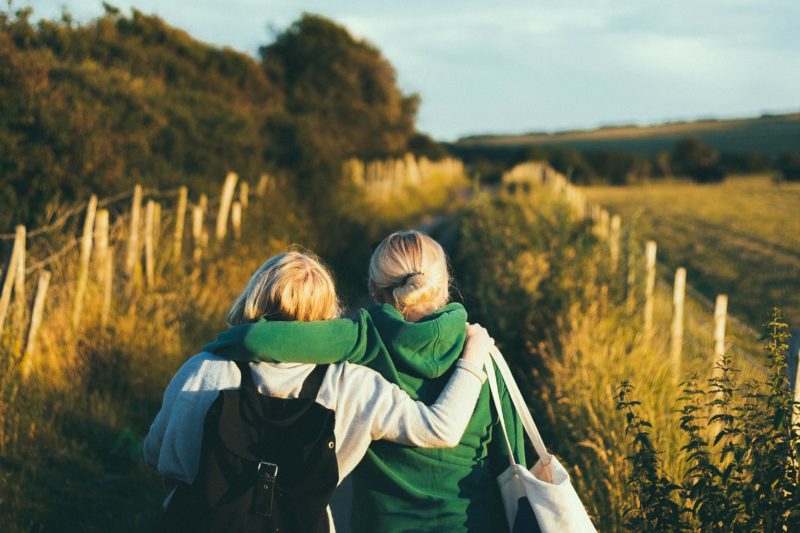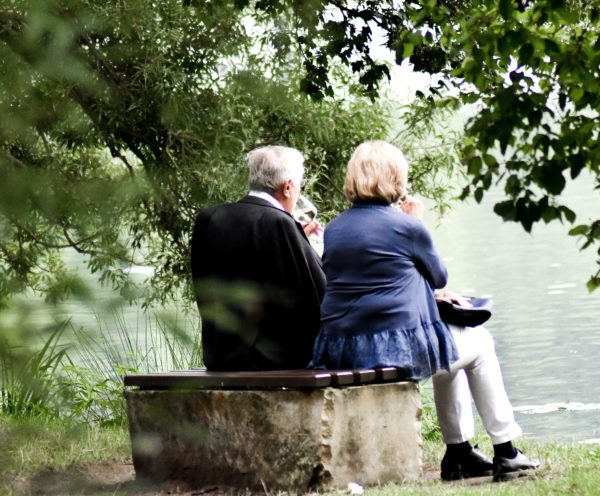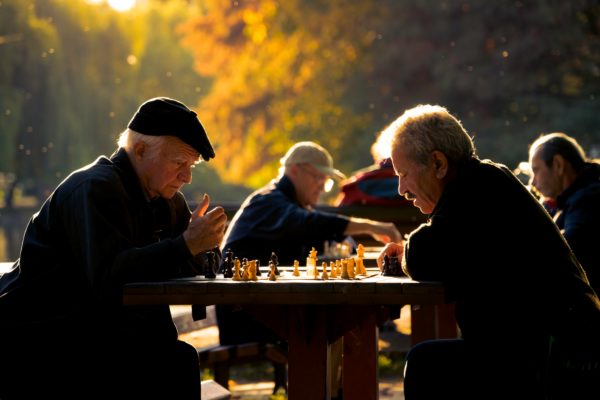
“Let us be grateful to the people who make us happy. They are the charming gardeners who make our souls blossom.” Marcel Proust.
Ageing well is a continuous process of gently nurturing the body, mind and soul. We know that friendships are an intricate part of this web of wellness and feeling connected. (See the Viva coaching series Be Connected article March 5th) Older age gives us the space to be comfortably alone. Sometimes this is very welcome and at other times this aloneness can become loneliness or a sad isolation. You can be partnered and in a relationship but still, at times feel very alone. Retirement reshapes the relationship you have with your partner. For some it creates the opportunity for time happily shared. For other couples increased time at home together cracks open the tensions that have built over years and sets them in sharp relief against the supposed bliss of retirement.
In this series of articles we explore friendship in our older age. As with all ages friendship making is a dynamic process. Our needs change. We change.

There are 3 different types of friendship we explore. The first is our deep, enduring relationships with old friends. The second are relationships and friendships that are worn out and need renewal or they naturally fade away. Finally, there are new connections and people who may become future friends.
- OLD FRIENDS
“It takes a long time to grow an old friend,” says John Leonard. In particular in older age we tend to deepen old true friendships and have more time to nurture these important relationships. There is a shared meaning with old friends. There is a history. You know each other. When there’s a problem you sort it out because you feel safe having difficult conversations. It may not be easy but you take the risk to talk about disharmony because you want the relationship to last and be honest. Or you simply shrug and say to yourself. ” It will pass. It’s not so important that it will damage our friendship.”
Old friends are like the ballast that keeps you steady. You work hard for old friends and you give the time and head space needed to nurture these friendships. You have an understanding of the shared values that sit beneath the surface of old friendships- caring, kindness, listening but not being intrusive or judgmental. Being a Critical Friend when invited to comment your friend’s thinking or decision making. Offering feedback when invited.

“Friendship is always a sweet responsibility, never an opportunity.” Khalil Gibran
There is a responsibility to be a good old friend to your closest friends. It takes effort. Old friendships travel through tunnels as well as sunshine, but they endure.
Reflection: Who are the people you would describe as dearest old friends and with whom you have a special connection? Describe that connection to old friends. Is there anything you need to do now to nurture these relationships?
2. WORN-OUT FRIENDSHIPS
There may be people who are friends but you don’t feel energetic and positive about these relationships. Sometimes the sad fact is that we maintain contact with people calling them friends when in our hearts we know we actually want to distance ourselves from them. I call these Worn-Out friendships. Perhaps these relationships are simply connections. Perhaps they are one way relationships. Is it time to step back from relationships that are no longer healthy? Or is it time to share a renewal process and redefine the friendship to suit lives that have moved on.
What are the signs of a “Worn-Out friendship? Seeing a lunch date in your diary but not wanting to be there or having “friends” drop in when it feels like an imposition. Being asked to support someone beyond what you feel comfortable with. “Can you drive me to the airport next Tuesday? Can you look after my cat while I’m away?” Being around people who are constantly negative or demanding and sap your energy is not healthy. Or is it simply that the context has changed? Workplaces help create friendships but they are context specific. Once you no longer are part of the working culture those friendships may fade or at the least need reshaping.
Worn Out friendships are tough to deal with because they are very difficult conversations to have. You might try for months or even years to change the shape of the friendship but there seems to be no change. You change your behaviour in the relationship but with no response. You stall and reschedule and try to avoid the relationship to send subtle messages. No change. Avoidant behaviour isn’t solving a problem. The friendship will need to be redefined and it may be a difficult conversation.
Reflection:Do you have any worn out friendships? How are you feeling? What are the stumbling blocks in the friendship? Can it be fixed? Are you motivated to fix it? Do you want to end the friendship or reshape it? How will you do this?
“Unfriending” people is hard and you can expect a backlash. But grace, calm explanation, thanking not blaming and letting go to move on, are all useful approaches in ending a friendship connection.
“If you are brave enough to say goodbye, life will reward you with a new hello” Paulo Coelho

- NEW CONNECTIONS
Call them acquaintances, connections or new friendships these are the people we meet along the way. We feel connected, we feel energized by the conversations and there is a synergy there. Sometimes we seek people out by joining or forming new groups. We connect through social media or a random chat in a café. Being open to conversations is important. Being able to say “I really liked chatting to you. Do you want to have a coffee some time……”
Even on days when I am at my most introverted and socially distant I make a deal with myself to initiate 3 conversations as I travel through the day. It can be so simple- children and dogs are always helpful in oiling the wheels of social engagement! A routine walk around the lake every morning and people connect with a nod or a “good morning” which grows into a “chilly this morning isn’t it? I like the hat!” These relationships can simply be moments of connection. They don’t have to be friendships. They are precious and happy moments of simply noticing and smiling but they keep us connected.
In the next article I’ll talk about setting up new groups and inviting connection. Where do you make friends? What works for you? Please leave a comment and start the conversation.
“Only through our connectedness to others can we really know and enhance the self. And only through working on the self can we begin to enhance our connectedness to others.” Harriet G. Learner
In this series stay tuned for these follow up articles
- How to make new connections
- Tips for dealing with difficult conversations
- Nurturing old friendships
- Friendships across generations
- A man’s best friend- pets & nurturing
